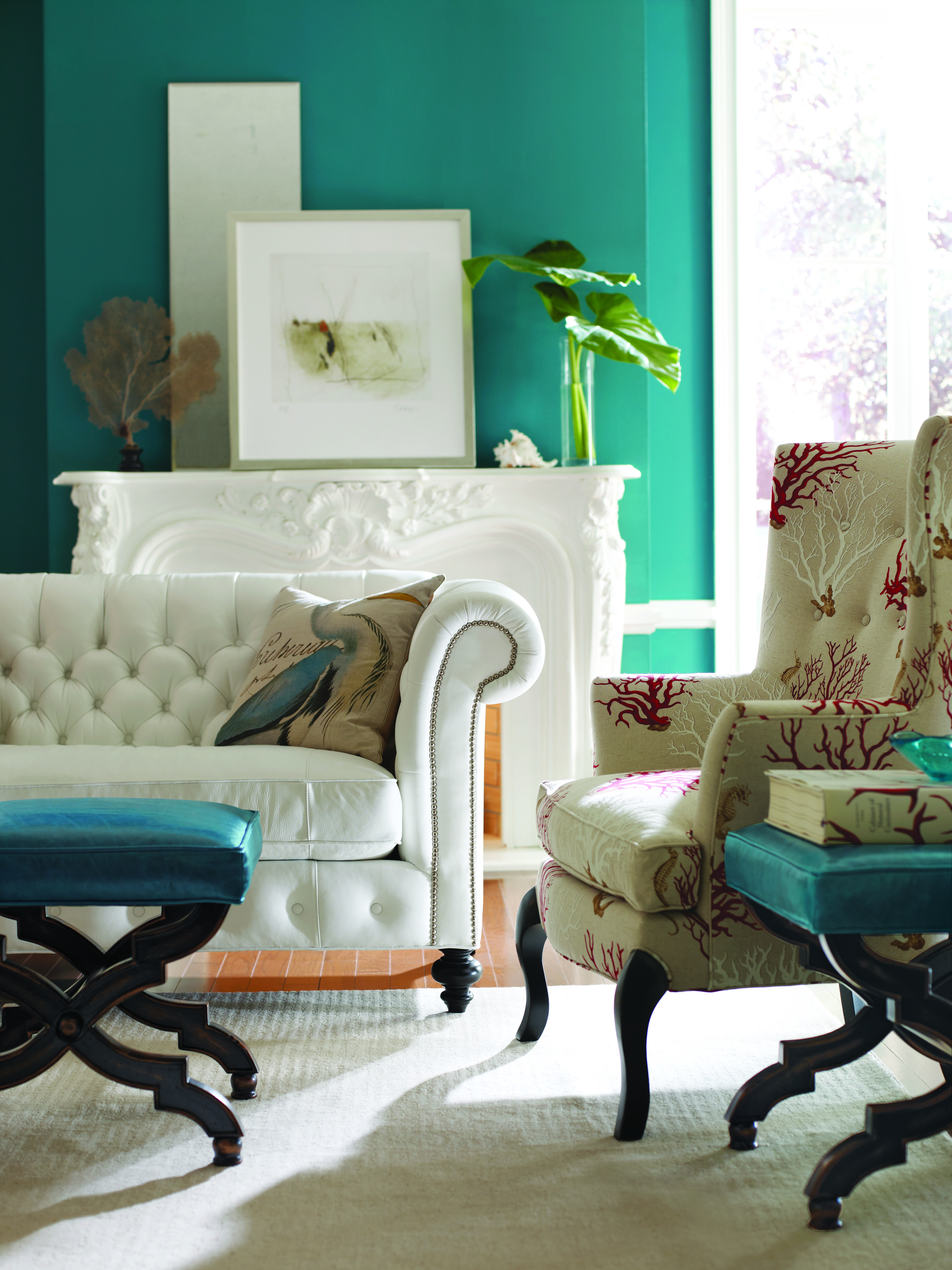
Decorating magazines and websites offer a universe of well-appointed rooms that are bookmarked for recreation someday in the future.
A copy of such spaces is virtually impossible since shifting any elements will throw off the final effect.
Rather than attempting to copy, use such photos as mere inspiration and consider the following designer secrets for creating your own individual space:
■ Pull your seating cluster away from the walls, even if it just a few inches. It’s a warmer space if the seating elements are just a bit closer.
■ Use one fabulous (and probably expensive) fabric in every room … it elevates the common fabric (less expensive) and makes the entire room far more dramatic.
■ Always consider the ceiling. It really is a major element of any space.
■ Pay as much attention to the mood of a furnishing or fabric as to the color. Most homeowners match color without regard to style or feeling.
■ Start small when tackling a large design job. The victory of a small job done well will catapult the rest of the project.
■ Sometimes the best new element isn’t new at all. It is using something that is already owned in a new area or for a new purpose.
■ If art over a mantle is too small in scale, tape off the area that would be the appropriate size and paint it a contrasting color. When the art is replaced, the color block will become a part of the art thus creating a larger focal point. Finishing this off with moulding will complete the effect.
■ Treat the foyer as a special room. It is the area that introduces guests to the personality of the entire home. Paint or wallpaper the guest closet a color for a truly custom look.
■ If quality light fixtures through out the home are not in the budget, splurge on the foyer and dining room fixtures. This will elevate the less expensive fixtures in the rest of the home.
■ Paint white bookshelves that often flank the fireplace. Gray or a muted accent color offer immediate drama and interest.
■ Add a glass or marble top “tuck” table to your furnishings. This is a petite table that can be moved as needed to accommodate changing needs for lighting and serving.
■ Window treatments don’t have to rob a room of the view. The treatment can begin just inches into the window and extend onto the wall. This makes the window look far bigger without diminishing the natural light.
■ Go big with art in a small powder room for drama.



